As one of the leading technology corporations, Mr. Tao Duc Thang - Chairman and General Director of the Military Industry - Telecommunications Group ( Viettel ) proposed three important policy groups to create a breakthrough in science and technology development.
Firstly, build a breakthrough mechanism to attract and retain scientific talent. To realize the policy of attracting 100 leading scientists, Mr. Thang said that it is necessary to legalize two breakthrough remuneration mechanisms: allowing scientists to directly benefit from the products and copyrights they create and having a mechanism for them to own shares in the companies that develop from the results of that research.
"In addition to salary and bonuses, linking responsibility and benefits with creative achievements will be the biggest motivation," Mr. Thang emphasized.
Second, the State needs to take the lead in investing in laboratories and key technology infrastructure, especially in high-risk areas that cannot be immediately profitable, such as quantum technology or semiconductor chip foundries. Then, the State can assign leading technology enterprises to manage and exploit them, creating an open ecosystem for startups and other scientists to use, avoiding wasting resources.
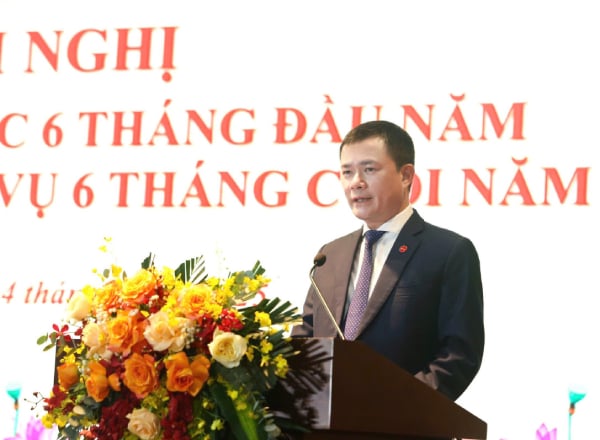
Third, it is necessary to reform the “3-house” model (State – School – Enterprise) in a more substantial way. Specifically, it is necessary to recognize the time students spend interning at large technology companies as an official learning credit. At the same time, it is necessary to allow prestigious technology corporations to grant valuable professional certificates, similar to those of Cisco or Alibaba, to help students have a competitive advantage when they graduate.
Emphasizing the issue of intellectual property, lawyer Le Quang Vinh - Founder of Bross and Associates IP Company, pointed out a paradox: although Vietnamese private enterprises are accelerating innovation, most of the creations are not protected in time in the form of intellectual property rights.
According to Mr. Vinh, businesses are often reluctant to apply because of cumbersome procedures, high costs and concerns about revealing technical secrets. As a result, innovations are not legally identified and are easily copied.
"The cost of filing, maintaining validity and resolving disputes remains high, while the appeal process is lengthy and unpredictable. The mentality of 'protection on paper, invalid in real life' is still widespread," Mr. Vinh analyzed.
Therefore, Lawyer Vinh proposed that it is necessary to improve the legal process so that intellectual property can truly become the "legal backbone" for the digital economy , while supporting businesses in effectively valuing and commercializing intellectual property.
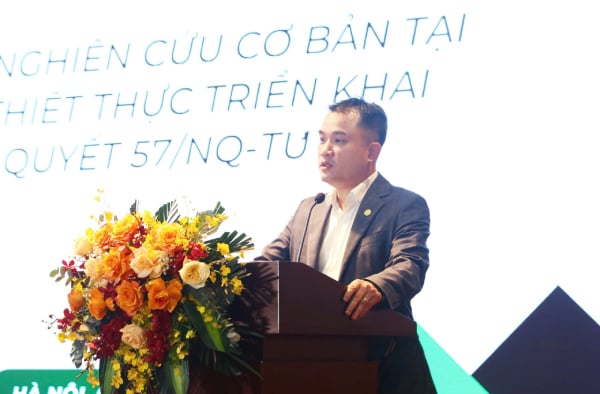
On the side of training and research institutions, Associate Professor, Dr. Pham Bao Son - Vice President of Vietnam National University, Hanoi (VNU) emphasized the pioneering role of basic research in training high-quality human resources and developing technology.
Mr. Son said that VNU has strongly shifted from "research to find applications" to "taking problems of businesses and localities as research orientation". As a result, from 2022 to 2024, VNU has proposed commercializing about 300 science and technology products, attracting more than 252.5 billion VND in non-budgetary investment, with transfer revenue reaching 130.4 billion VND. In the first 6 months of 2025 alone, businesses have placed research orders worth about 50 billion VND.
VNU pledges to continue promoting its pioneering role, both maintaining academic excellence and closely connecting with practice, accompanying the Ministry of Science and Technology in implementing newly issued resolutions and laws.
Source: https://doanhnghiepvn.vn/cong-nghe/doanh-nghiep-khcn-kien-nghi-cac-giai-phap-dot-pha-ve-nhan-tai-ha-tang-va-so-huu-tri-tue/20250714053204426






![[Photo] Cat Ba - Green island paradise](/_next/image?url=https%3A%2F%2Fvphoto.vietnam.vn%2Fthumb%2F1200x675%2Fvietnam%2Fresource%2FIMAGE%2F2025%2F12%2F04%2F1764821844074_ndo_br_1-dcbthienduongxanh638-jpg.webp&w=3840&q=75)

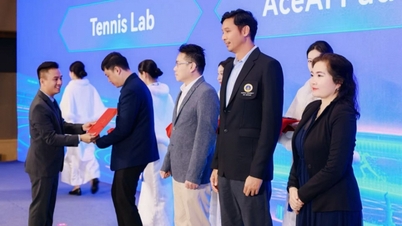



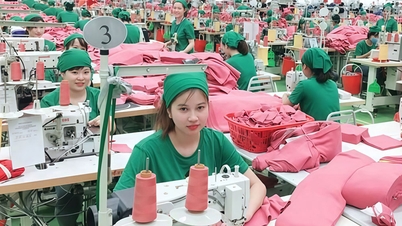

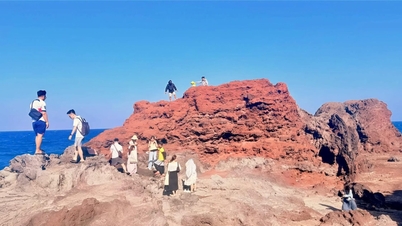

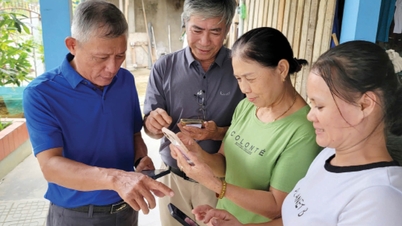










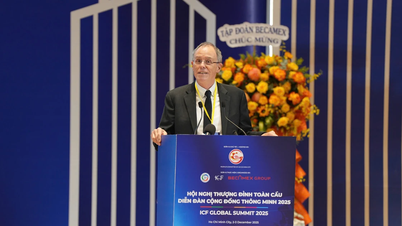







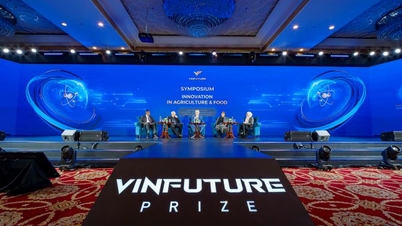





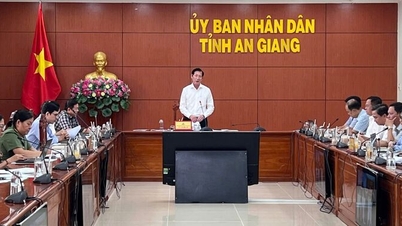



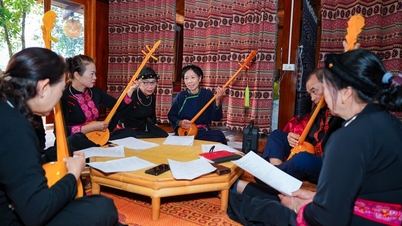


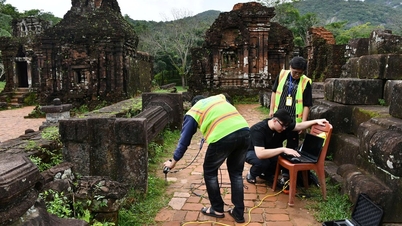




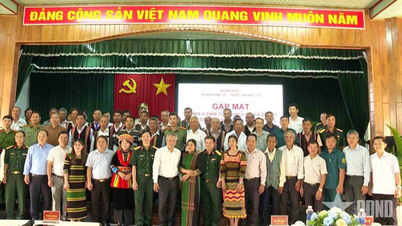

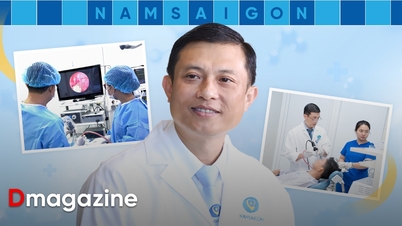

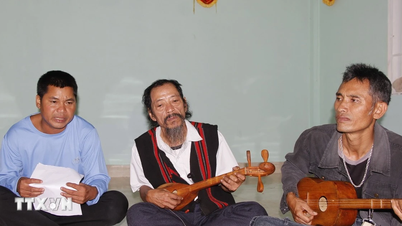
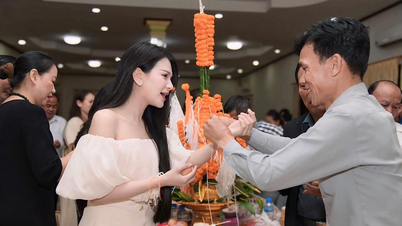



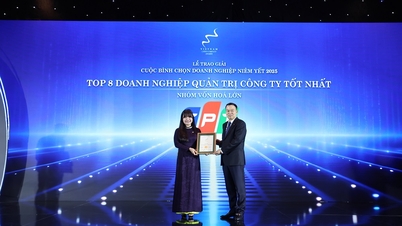

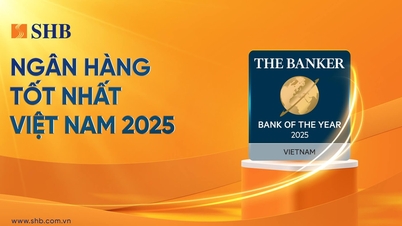

![[VIMC 40 days of lightning speed] Da Nang Port: Unity - Lightning speed - Breakthrough to the finish line](https://vphoto.vietnam.vn/thumb/402x226/vietnam/resource/IMAGE/2025/12/04/1764833540882_cdn_4-12-25.jpeg)
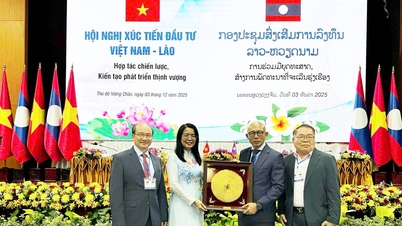

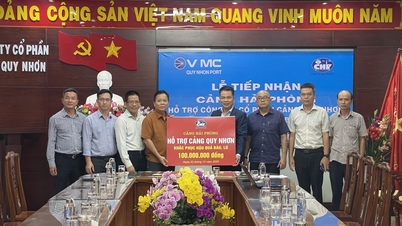









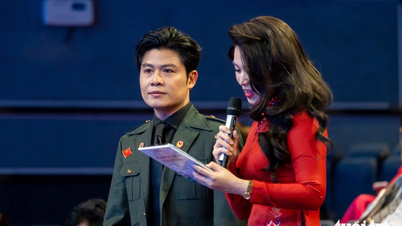



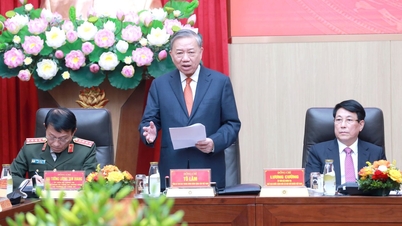

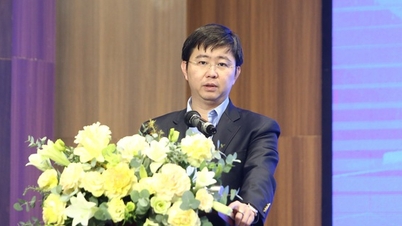

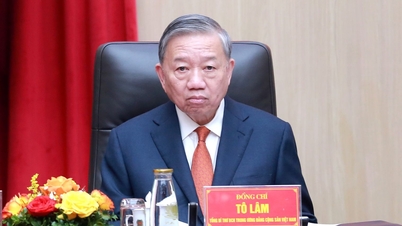





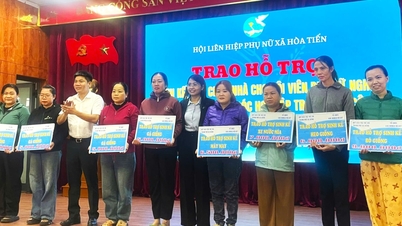

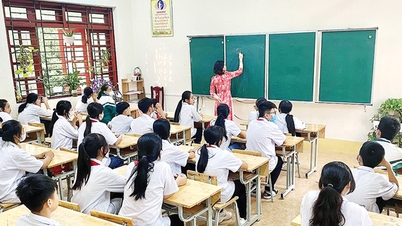
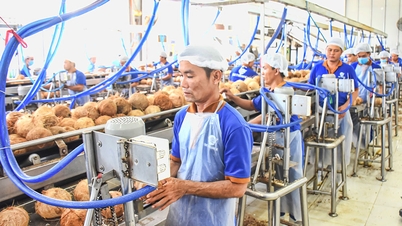


















Comment (0)